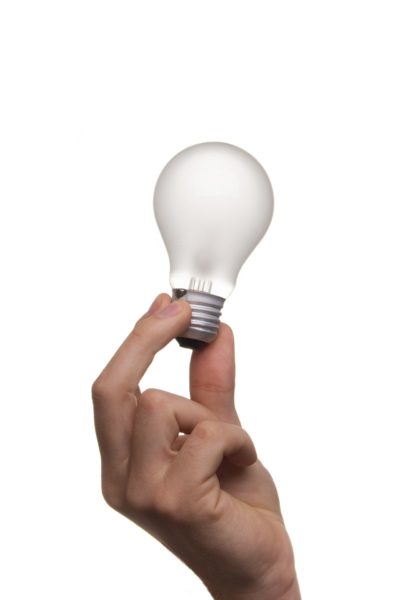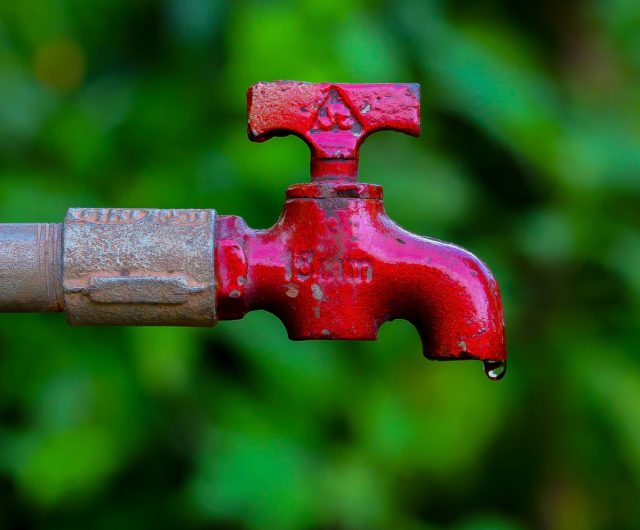This is an energy saving callout! Doing a little saves a lot, especially if Stuttgart community members make this a habit to their daily lifestyle. Use these simple tips to conserve energy and save Army’s energy bill.
Electricity
Saving electricity is an easy habit to get into, from turning off lights in all unoccupied rooms to ensuring exterior lights are turned off during daytime; use daylight whenever possible.

Use energy saving light bulbs. The bulbs and other supplies should be available–free–at the Stuttgart Army Family Housing Self Help Store. Call the AFH customer service desk at 431-2230 or 07031-15-2230.
Unplug appliances when not in use. Items plugged in continue to use electricity even if not in use. Run your TV, VCR, PC and printer equipment over a power strip that has an on/off switch so you can turn off multiple electronics when not in use. Computer monitors use 60 watts of power per hour; monitors should be turned off when it’s expected to be idle for more than 10 minutes.
On or off post, and if available, use an energy-saving settings on major appliances. A good example of this is the washing machine. More than 90 percent of the energy use of a washing machine comes from heating the water, so wash clothes in warm or cold water as often as possible. Check your refrigerator and freezer as well. Make sure they are set to an efficient temperature.
Check on your major appliances routinely. Overheating is a sign of defects or too much energy use. Fix or replace with EnergyStar products.
Cooling homes and offices
Since this is summertime and the temperatures are comfortable-to-warm in the Stuttgart area, the most comfortable way of staying cool with air conditioning while saving energy is to keep windows closed in occupied rooms using A/C. The U.S. Department of Energy suggests setting the A/C thermostat at 78 to provide the most comfortable and energy efficient cooling; doing so will save 10 percent of energy costs. Building entrance doors are potential sources of A/C loss. Keep them closed at all times. Pulling down window exterior blinds during the day will help keep your living and working spaces cooler; put your hand against a drawn shade that’s been keeping the sun out and note the heat—even on a cooler day, it can get pretty warm.
H2O
Turning off the water while brushing your teeth or shaving can save a lot of water. Rinse razors in a filled sink rather than under running water. When shampooing, turn off the water while lathering your hair. Avoid flushing the toilet unnecessarily. Dispose of tissues, insects and other such waste in the trash rather than in the toilets.

In the kitchen, don’t let the faucets run for washing or rinsing. Instead, fill a container with water or use the sink by clogging the drain with drain stopper. Wash all the vegetables for a meal at the same time in a pan, pot or bucket, and use a brush, washcloth, or your hand to dislodge particles of dirt rather than relying on the force of water to do the job. Once done washing veggies, reuse the water for house plants or garden.
When washing dishes by hand, don’t let the water run while rinsing. If available, fill one sink with wash water and the other with rinse water.
Run your clothes washer and dishwasher only when they are full. You can save up to a remarkable 1,000 gallons a month.
Check toilets and faucets for water leakage and report to the Housing Office. A leaky faucet can waste up to 2,100 gallons of water a year. At one drip per second, you could be wasting more than 3,000 gallons of water per year. Time to fix that leak; put in a repair order with the Directorate of Public Works for small repairs.
When running a bath, plug the tub before turning the water on, and then adjust the temperature as the tub fills. Think of bathing and showering in terms of energy use. Remember, although the on-post community pays a relatively low price for potable water, it but it costs about eight times more to heat it up to where you can take a bath or shower.
